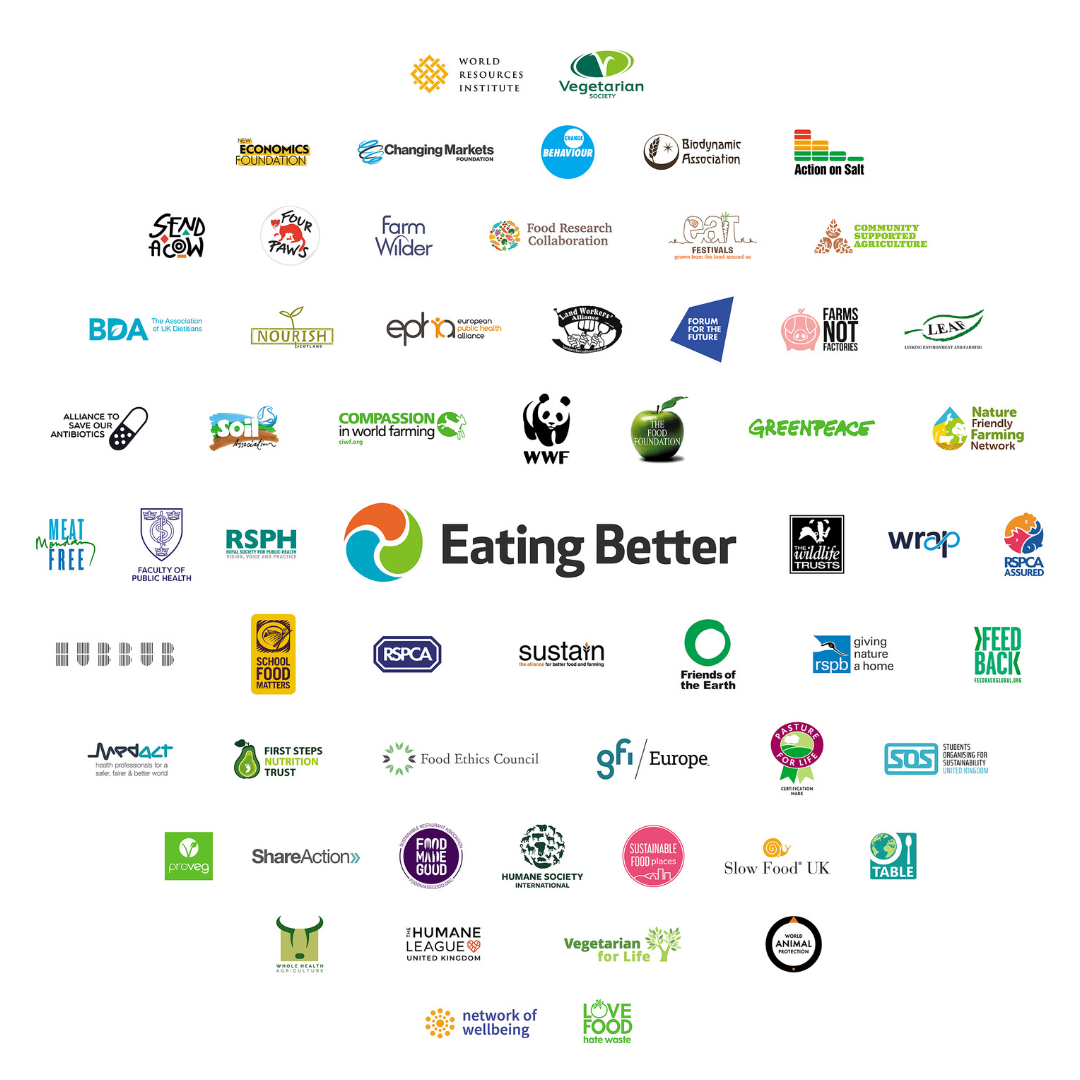There's clearly a balancing act between the various crises weve let develop - cost of living, climate, ecological, etc.
The best long-term strategies will be those that tackle multiple crises simultaneously - eg energy efficiency, renewables, plant-based diets, etc. Bad strategies tackle one strategy at the expense of another, eg increasing fossil fuel output and infrastructure. Terrible strategies would be ones that do nothing useful, eg encouraging people to eat more meat via misleading offers.
Given that public health officials are in agreement that people in the UK need to eat less meat, supermarket loss-leaders promoting meat are in a similar category to those promoting booze or crisps: attractive to some consumers, no doubt, but not a useful solution to any of the country's problems.
You've got to admit this is an impressively and persuasively broad coalition criticising the practice:

Dieticians, public healthists, economists, farmers etc etc.
I'm not sure BOGOFs is where I'd start (and it isn't where Eating Well started either, tbf) from an ecological perspective, rather than ending subsidies, putting ecological information on packaging (e.g. carbon, water and land footprints per calorie), etc. But price signals and promotions are a common target for public health interventions, eg no BOGOF cigarettes or glamorous booze adverts, and treating meat consistently seems fair.
We have the right to a clean, healthy, sustainable environment.
